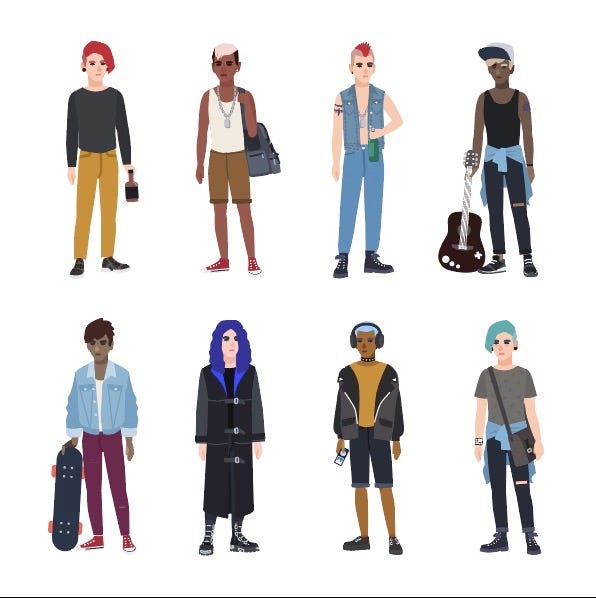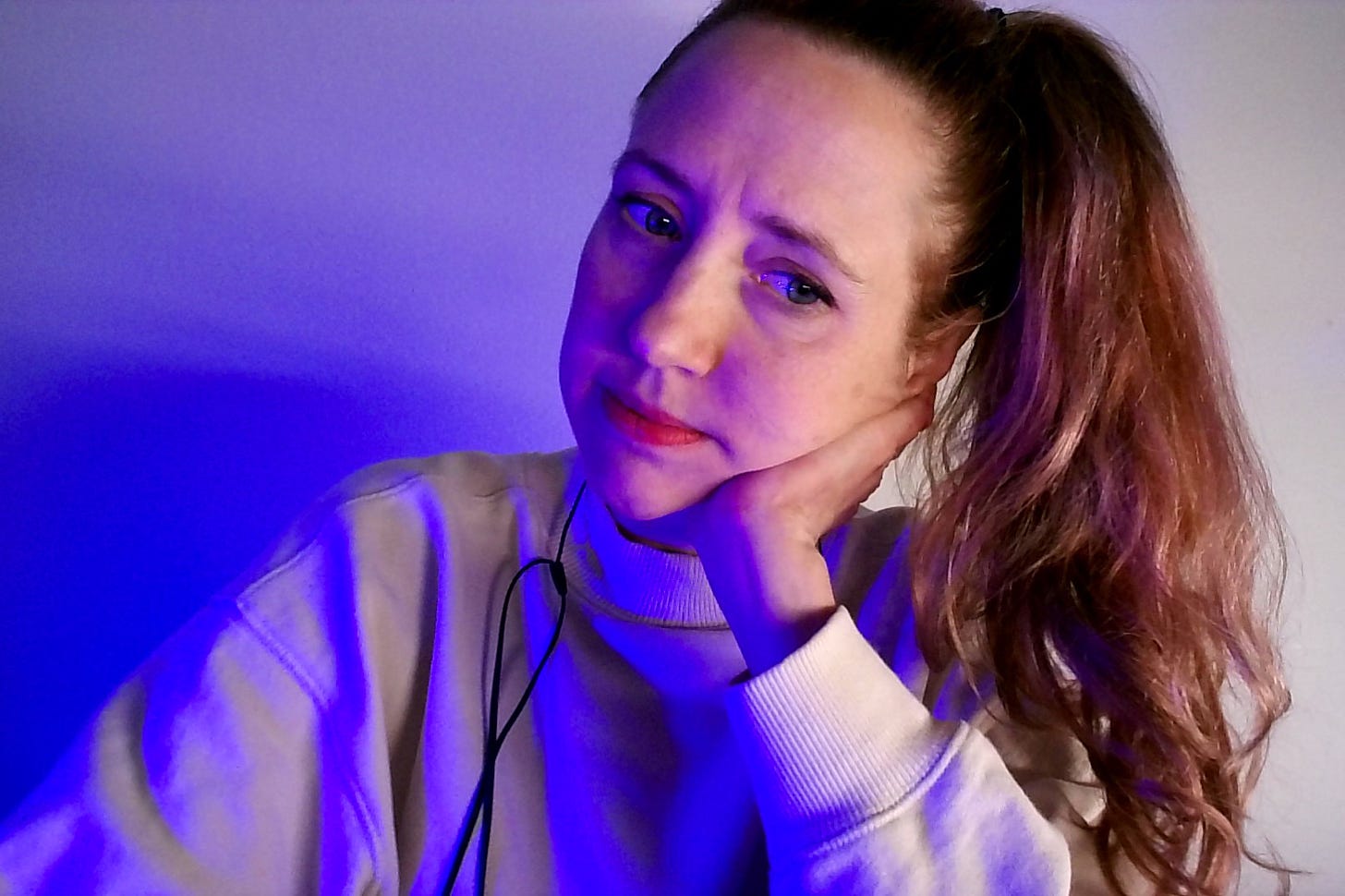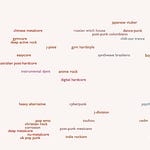Hey everyone. We know that it’s been a couple months since we’ve been in touch—we’ve been busy planning out our next batch of episodes, performing various income-earning activities, managing our social media intake, and just generally taking a moment to recover from the hellscape that was 2020. But we’re excited to be back. And we’re especially thrilled to be kicking off our second season today with a conversation on a subject that is near and dear to hearts: counterculture.
It's a term that has been used to describe pretty much every major, music-adjacent youth movement of the 20th century, from the Beats and the hippies, to 70s hip-hop and punk, to the darkened warehouses in Detroit where techno was born. For some of us, counterculture conjures memories of specific spaces, like the smelly basement where you took in your first college noise show. For others it speaks more to the abstract idea of carving out a safer, utopian alternative to the messy, exploitative, inequitable reality we live in every day.
But is counterculture—and underground culture as a whole—even possible in the era of the Internet? Today, we'll be talking about what counterculture is, what it means, and whether it can even exist at a time when pretty much every interpersonal interaction we have takes place on social media, for everyone to see. To guide us, we've enlisted the powerful brain of Caroline Busta, a Berlin-based writer and editor and co-founder of the media aggregator and podcast New Models, which is always a source of intriguing food-for-thought on the intersection of art, cultural production, and technology.
At the top of the year, Carly published an essay on Document Journal that tapped into a feeling we'd been turning over for a long time: "To be truly countercultural today, in a time of tech hegemony, one has to above all betray the platform, which may come in the form of betraying or divesting from your public online self," she writes. Whether you're a life-long weird music head, or a Marxist art theory nerd, or somebody who is simply having a hard time finding community inside the 280-character confines of Web 2.0, you'll probably find something to chew on in the piece, which is called "The Internet Didn't Kills Counterculture—You Just Won't Find It On Instagram." Either way, we hope you'll enjoy our conversation with Carly.
Follow Carly on Twitter
Check out the New Models website and Patreon
Some further reading on the topic, courtesy of Carly
Joshua Citarella, 20 Interviews, 2019
Joshua Citarella & Cade lectures for SimSociety: Worldbuilding & Political Identity Formation on MMORPG Earth, Feb 2020
Wendy Brown, Undoing the Demos: Neoliberalism's Stealth Revolution (Princeton, 2017)
Achile Mbembe, Thoughts on the Planetary, New Frame, (Sept 2019)
Joanna Kavenna, “Shoshana Zuboff: ‘Surveillance capitalism is an assault on human autonomy’” The Guardian, 2019
Fred Turner, From Counterculture to Cyberculture: Steward Brand, the Whole Earth Network, and the Rise of Digital Utopianism (Chicago Univ. Press, 2006)
Thomas R. Bates, "Gramsci and the Theory of Hegemony," Journal of the History of Ideas (Apr-Jun 1975)
Antonio Gramsci, Prison Notebooks















Share this post